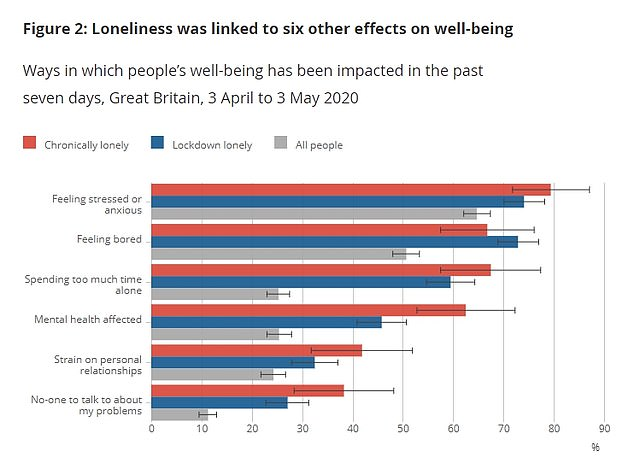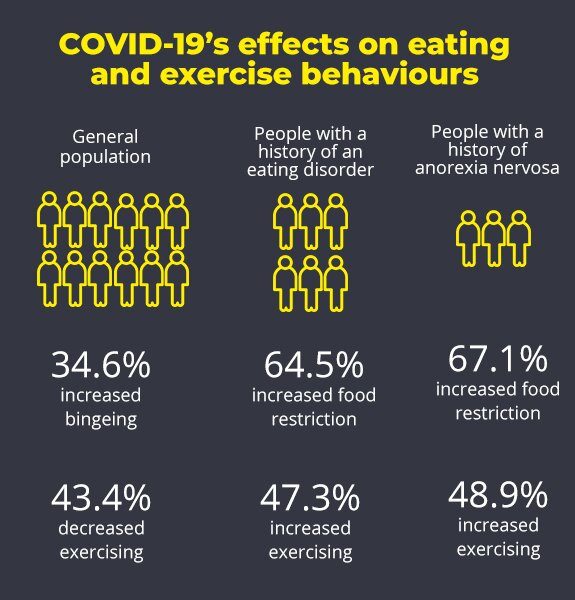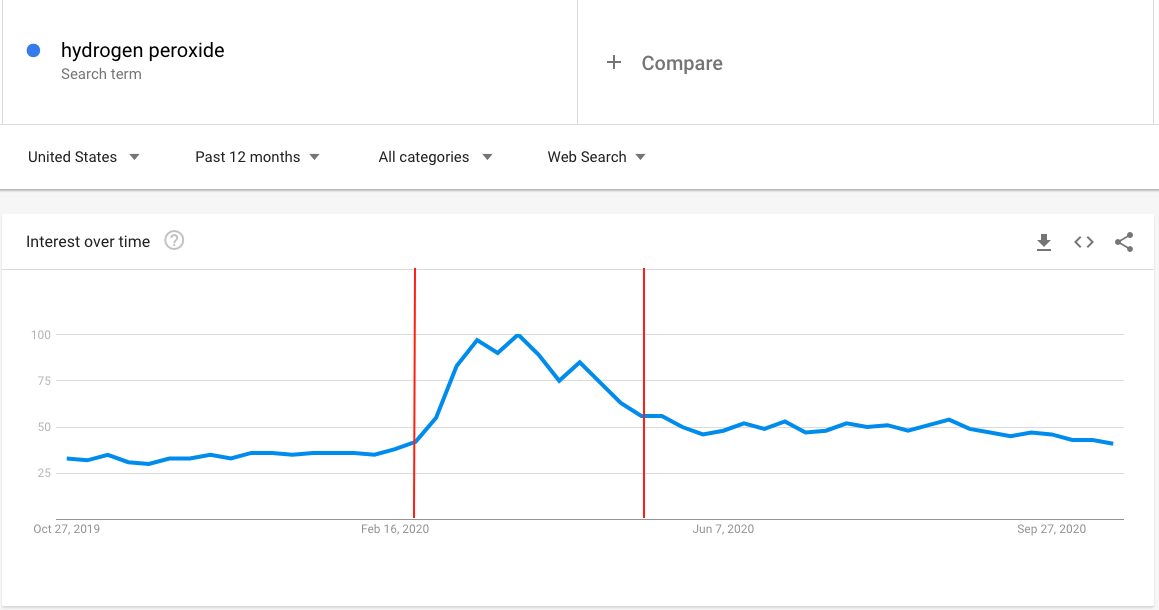The arrival of lockdown measures has led to a significant rise in enquiries for cosmetic dental procedures, according to a Daily Telegraph report.
With fewer commutes to make and more prolonged periods of isolation, many people in lockdown have been left with more time to look into the mirror – and potentially identify perceived flaws to become insecure about.
The pandemic has come with a terrible loss of human life, with its damaging effects also felt across global economies. Recessions have already begun to take their toll on nations that have been forced to close businesses off to the public in a bid to stop the spread of the virus.
One of the most severe ramifications of Covid, however, has come in the form of the adverse psychological effects of millions of citizens around the world participating in lockdowns to play their part in mitigating the damage caused by the pandemic.
These prolonged periods of self-isolation can cause loneliness in individuals as well as both anxiety and depression. But perhaps just as pressing is the fact that lockdowns are leading to more time for introspection. It’s even been suggested that participating in lockdown could lead to changes in the personality of citizens.
The psychological side-effects of Covid may leave a lasting imprint on the minds of consumers. This means that marketers may have to look at adapting their campaigns to suit these changing mindsets moving forward. With potential losses of body-confidence to confront, the future of marketing could involve the creation of campaigns that help an audience to overcome their concerns.
Confronting The Psychological Effects of Lockdown
While lockdown and body dysmorphia may not seem like an obvious link – after all, isolation means that people can’t do the things that typically involve socialising, interacting with colleagues, or any other activities that could mean dressing up and looking in the mirror – it’s becoming clear that prolonged periods of downtime are resulting in more negative feelings about appearance.
More isolation has also meant more time spent on social media apps that can make us more aware of our looks. This has resulted in more obsessive levels of body analysis among users which, in turn, may lead to body dysmorphia.
(Image: Source)
As the figures above illustrate, chronic loneliness in Great Britain has increased exponentially as lockdown commenced. According to official charts, nearly eight million Britons were adversely affected by loneliness as self-isolation measures began to take place.
Although it may seem like an easy opportunity for some marketers who may identify feelings of body dysmorphia as a chance to gear campaigns towards self-improvement, it’s clear that consumers are conditioned by the loneliness of isolation, rather than a genuine motivation for improving their quality of life.
The reality of self-isolation is that more people have the time to stop and look at themselves in the mirror. However, this trend has been exacerbated by the arrival of advanced collaborative technology that’s become popular as more employees begin working from home.
The rise of video conferencing apps like Zoom has not only enabled people to work and socialise remotely, but also to constantly see a live mirror image of themselves as they talk to others. These continued confrontations with mirror images have played a part in highlighting perceived imperfections, and, in turn, made them more pertinent in the minds of individuals.
(Image: Source)
According to figures published by Medical Xpress, the pandemic had a significant effect on how people exercise and eat – with significant numbers of survey respondents indicating fluctuations on their time spent exercising and dieting. However, with evidence of Covid carrying negative effects for both the general population and those suffering from eating disorders, it’s clear that lockdown has led to more people feeling vulnerable due to loneliness.
Further professional research published by the University of the West of England underlined the importance of supporting individuals suffering from eating disorders while in isolation. Notably, the article demonstrates how modified images can adversely affect viewers of content, with subjective imperfections and blemishes airbrushed out by editing software and filters, the pursuit of physical perfection can wrongly be offered as an achievable one by influencers and marketers.
The article takes the extra step of publishing a list of recommendations to help readers to avoid negative perceptions about their bodies. These include things like avoiding comparisons with others on social media, steering clear of Coronavirus-based weight shaming memes, and finding compassion for their bodies.
How Lockdown Drove Social Media Towards Dangerous DIY Beauty Hacks
Whether users find themselves exposed to pictorial perfection in the form of social media ads or the profiles of influencers, it’s clear that content is increasingly prompting adverse when it comes to matters of the body.
In August 2020, as the world was still reeling from the first wave of the Covid pandemic, a trend emerged on social network, TikTok, where users with a considerable influence began uploading extreme DIY beauty videos focusing on burning moles off of their skin.
(Image: Source)
Some users of TikTok resorted to scratching, picking and scraping at their moles in a bid to remove them with brute force. The sheer desperation of this highly dangerous beauty ‘hack’ further illustrates the level of body negativity that’s manifested itself in the months that have followed Covid’s arrival.
Doctors were fast to condemn the videos, with NHS Dr Ross Perry explaining that the process “needs to be done by a qualified doctor or dermatologist who is trained and knows what they are doing. Using chemicals or attempting to ‘scrape’ off a mole could lead to infections, bleeding, scarring and deformity of the area.”
Another viral video around the same time emerged on TikTok that showed an influencer advocating the use of hydrogen peroxide as part of a home teeth whitening process. In the video, which accumulated over 15 million views online, the user could be seen dabbing hydrogen peroxide – a key ingredient in household bleach – with a cotton wool bud before glossing her teeth with the substance.
Worryingly, the arrival of the viral video correlated with a spike in online sales of hydrogen peroxide.
The rise of this form of teeth whitening video has prompted healthcare professionals to speak out, with Dr Kunal Patel of Love Teeth Dental Practice warning that “applying hydrogen peroxide, or bleach as it’s more commonly known, is likely to lead to painful tooth sensitivity at best. In the worst-case scenario, a high concentration could bring about severe burns on the inside of the mouth, lips and gums.”
The obsessive pursuit of a pearly smile hasn’t just been limited to a rise in extreme DIY teeth whitening measures – cosmetic dentists have also reported increases in enquiries over procedures following the arrival of global lockdowns.
How Lockdown Will Change Marketing
It’s, of course, important to highlight the fact that there’s long been links between marketing and feelings of body dissatisfaction that predate Coronavirus.
Distorted images and feelings of inadequacy have been linked by counsellors who work on encouraging vulnerable people to think twice about the beauty adverts they see in order to address their insecurities.
With widespread evidence pointing to feelings of loneliness and body dissatisfaction, and viral TikTok trends showing the extreme lengths in which social media users are willing to damage their bodies in order to keep up with the unachievable goal of perfection, it’s vital for marketers to understand and adapt to shifting consumer mindsets about their bodies.
Beauty campaigns that championed products and linked them to beautiful models had once created the sense that similar looks could be achievable with the product being displayed, but now with a wider sense of dissatisfaction and dysmorphia, consumers may begin resenting the idealised body shapes and beauty on show. As the world begins its transition towards the ‘new normal’ way of living, marketers will need to spend some time thinking of how to navigate this new landscape. As widespread body confidence continues to fall, so too could consumer tolerance of these false displays of perfection.
The marketing industry’s move towards the ‘new normal’ will likely be punctuated with heavy levels of strain as global recessions continue to take hold and limit the spending power of audiences. Despite this, there could be opportunities for marketers to adapt quickly to take advantage of these changing consumer perceptions.
In a collaborative paper, Marita Cooper et al argued that “altering the type of media consumed may also help to mitigate the potential harm done by access to social media.” The paper recommended that marketing campaigns that focused more on humorous or fat positive content could help to restore a sense of body positivity and optimism that could lead to consumers developing an interest in a product or service that may lead to conversions.
This isn’t to suggest that campaigns geared towards self-improvement will be ineffective during the ‘new normal’, but it may be worth looking into avoiding compounding negative emotions through negative reinforcement within content. More positive campaigns may help to not only support audiences who may be struggling with the adverse psychological effects of Covid, but also help them to build a better level of brand loyalty if they find an organisation that’s actively looking to comfort them rather than sell them a solution to their insecurities.
In these unfamiliar times, marketers have a responsibility to advertise their products in a way that offers inspiration to consumers and helps them to escape from the psychological damages perpetrated by the pandemic. In this sense, responsible body-positive marketing could not only help consumers to make a purchase, but also provide them with the comfort they need as they navigate this difficult new landscape.



